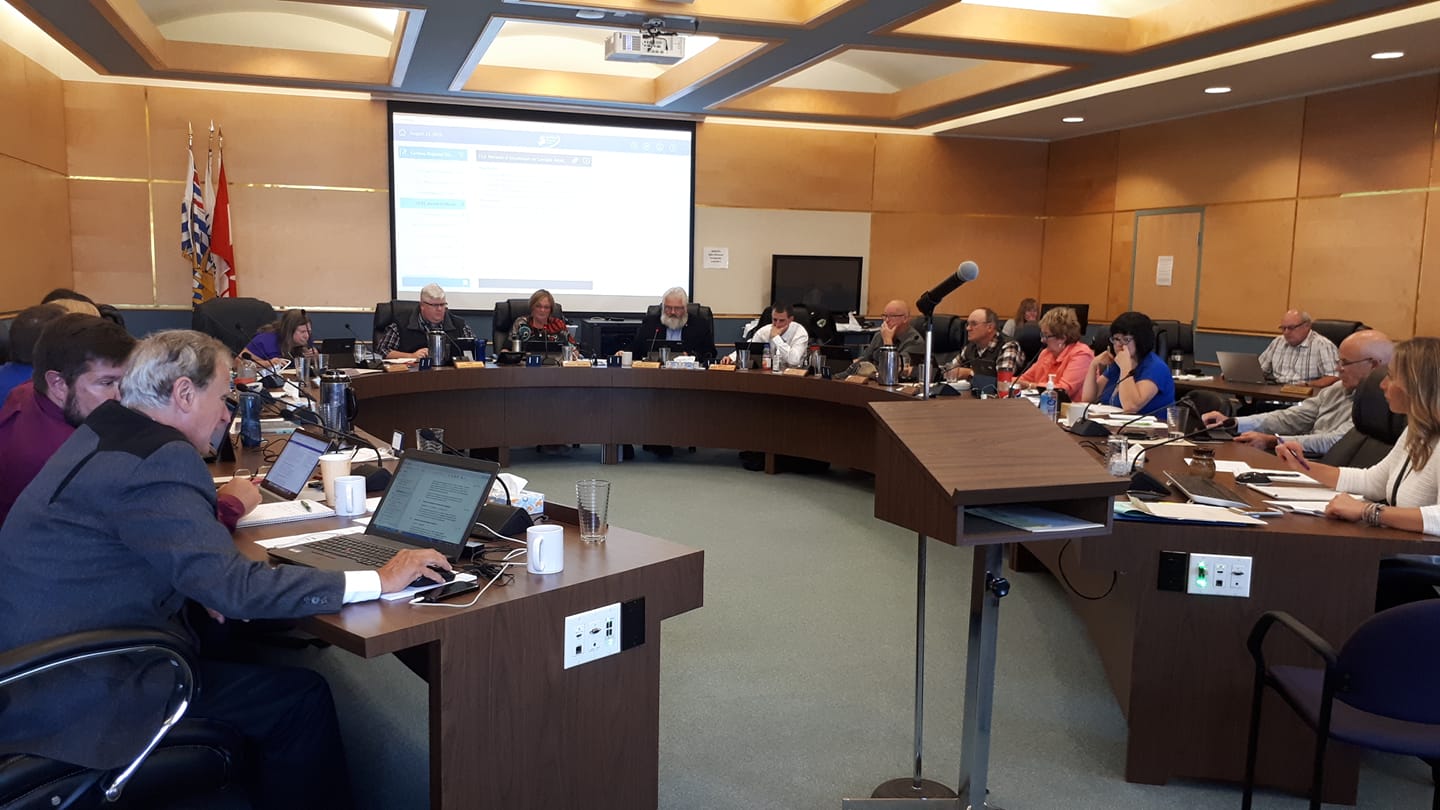It’s a small win to say that we’ve listened according to a Cariboo Regional District (CRD) Director.
Angie Delainey’s request that a letter be forwarded to BC Hydro strongly encouraging that the requirements of the Clean Energy Act continue to be maintained in relation to the burning of rail ties by Atlantic Power in Williams Lake was approved after a divided vote at Friday’s Board meeting.
“I’m feeling pretty happy about this,” she said.
“I think that it’s a step in the right direction. I mean it may or may not affect the permitting at all; BC Hydro still has to make that decision with Atlantic Power, but we have until September 30th to make comment. I think really the biggest thing that came out of it was the second motion that Bob Simpson put on the floor.”
Simpson’s resolution to write a joint CRD Board-Municaplities letter to the Ministry of Forests, Lands, Natural Resource Operations and Rural Development requesting expedited changes to policy and procedures to access wood fibre impacted by wildfires was unanimously approved by the Board.
“I think that’s really important going forward especially what’s happening with the AAC is that we have access to the wood fibres for business and for the biomass plants and for the Pinnacle Pellets and for all the other places that use that fibre,” Delainey said.
“I think for the community of Williams Lake and especially for those that were deeply opposed to the idea or are still opposed to the idea of having rail ties being burned in their community, I just think it’s a step in the right direction and it’s a small win. It’s a small win to say that we’ve listened and we think that it’s important to uphold the highest standards.
During the lengthy discussion Area D Director Steve Forseth said there was one important point that had not been raised that they need to further talk about at a future meeting.
“Rail companies who produce these things for their operations have to also step up and take responsibility,” he said.
“They go to the effort to producing these things, they have to be held responsible for disposing of these things. It’s that question of extended producer responsibility; if all the other product companies out there produce it then they have to figure out a way from production to the grave. Rail companies should be held to the same standards.”
Something going on in the Cariboo you think people should know about?
Send us a news tip by emailing [email protected].








